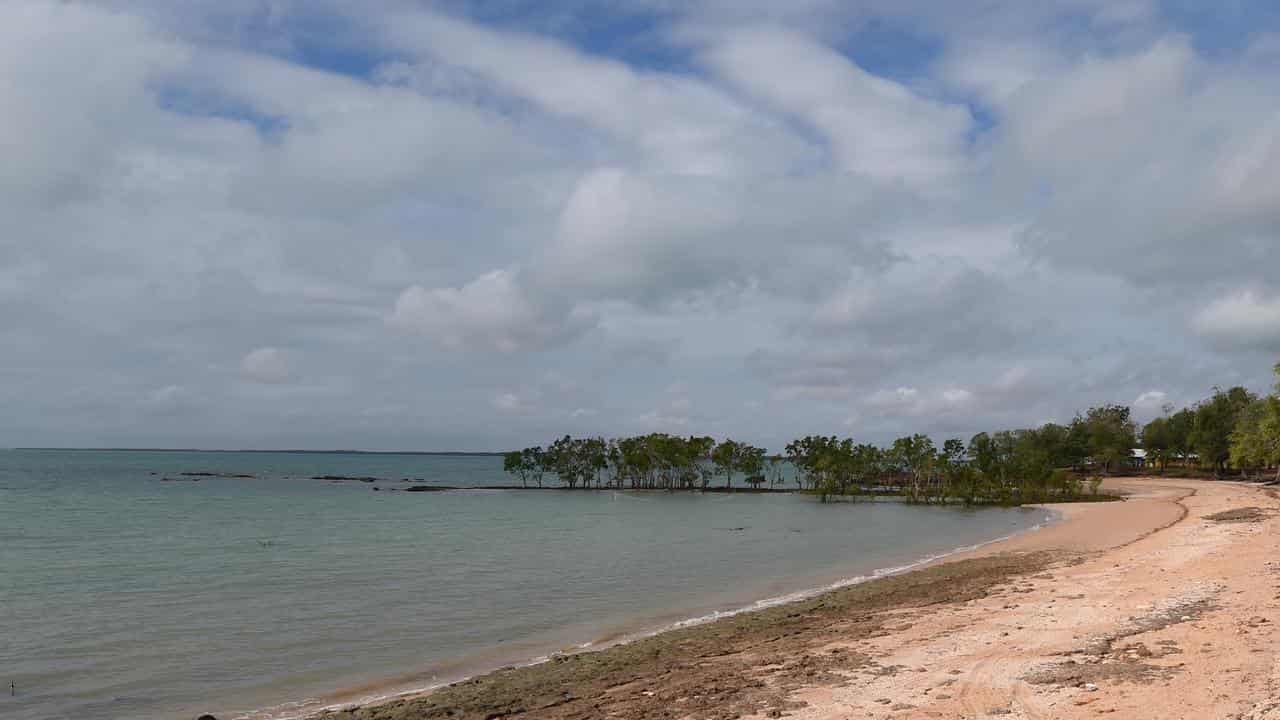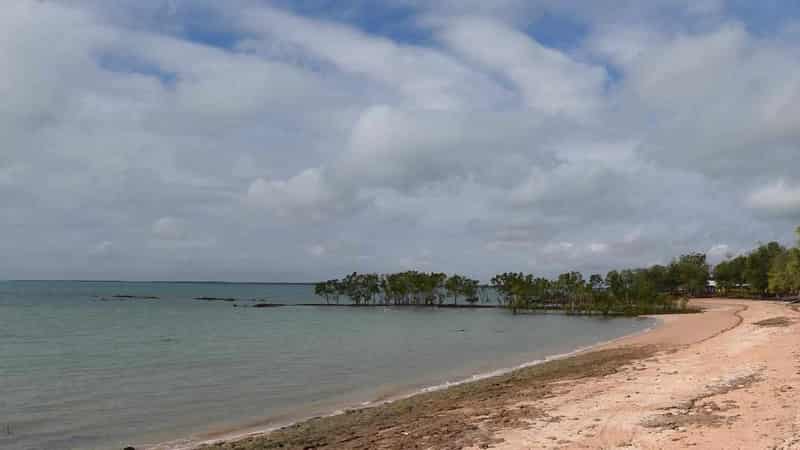
Indigenous custodians have blocked commercial barramundi fishing in a major bay because of concerns about wildlife and catch sizes.
The Northern Land Council on Wednesday announced traditional owners were cancelling the waiver allowing commercial operators to fish in intertidal waters of Buckingham Bay in East Arnhem Land.
The move was made due to concerns about marine life being caught in gill-nets and the amount of fish being taken from the area, the council said.
Recreational fishing access in Buckingham Bay will continue, and commercial fishing in other areas of the Northern Territory will not be affected.
NLC chair Samuel Bush-Blanasi said he hoped the decision would be a catalyst for the government to include Aboriginal people in fisheries management.
"Traditional owners have been raising concerns for a long time, but the NT government doesn't want to listen," he said.
"We want to work together, but the government needs to demonstrate they are serious in engaging with and listening to Aboriginal people.”
Since the 2008 Blue Mud Bay decision, traditional owners have been afforded legal rights to the intertidal zone of Aboriginal land.
In the 15 years since, Aboriginal people have allowed access to their waters through a series of waivers, enabling commercial operators to access areas without formal agreements or regulated compensation for landowners.
Traditional owners are worried about the impacts of gill-netting and a decline in barramundi fish stocks in localised remote locations.
There is currently no quota for the commercial barramundi fishery.
Paul Kirby, the NT Minister for Agribusiness and Fisheries, said the government would work with the NLC and traditional owners to address the concerns.
He said the barramundi fishery was currently being reviewed by its management advisory committee.
"And a contemporary fishery harvest strategy has been developed which proactively manages risk to target, by-product and by-catch species," Mr Kirby said.
"We are conscious of the impact on the commercial barramundi fishing industry due to the end of the waiver allowing commercial fishers to operate without formal agreement, and will work closely with the industry body and operators to seek a resolution."
Northern Territory Seafood Council chief executive Katherine Winchester said they support sustainable fishing practices and respect land rights.
"We believe sustainability is about making responsible decisions that strike the right balance between environmental, social and economic values," she said.
"Our commitment extends to educating and involving our members in the promotion of sustainable fishing practices and heightened awareness of land rights."
The NLC said Yolngu people of East Arnhem Land have seen concerning amounts of by-catch washing up on their coastlines, attracting crocodile activity and creating safety concerns for communities.
Traditional owner Guyulen/Helen Guyula said Yolngu wanted their environment to be safe.
"We hunt sustainably, we hunt according to the seasons," she said.
"We don’t like current commercial practice - they throw the little ones or the ones they don’t want back.
"We've found heaps of turtle, dolphin, crocodile and small barramundi washed up on the beach. Why get them all and then throw them away?"
Dr Bush-Blanasi said the change of access was not permanent, but that agreements relating to commercial barramundi fishing in the region would not be processed until traditional owners were satisfied the government had addressed their concerns.
In June the Queensland government announced that gill-net fishing would be banned from an area of more than 60,000 hectares in the Great Sandy Marine Park to protect dugongs, dolphins and turtles.









